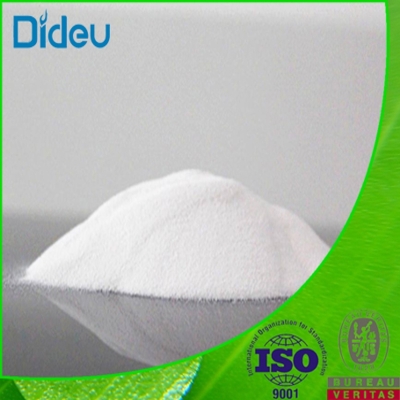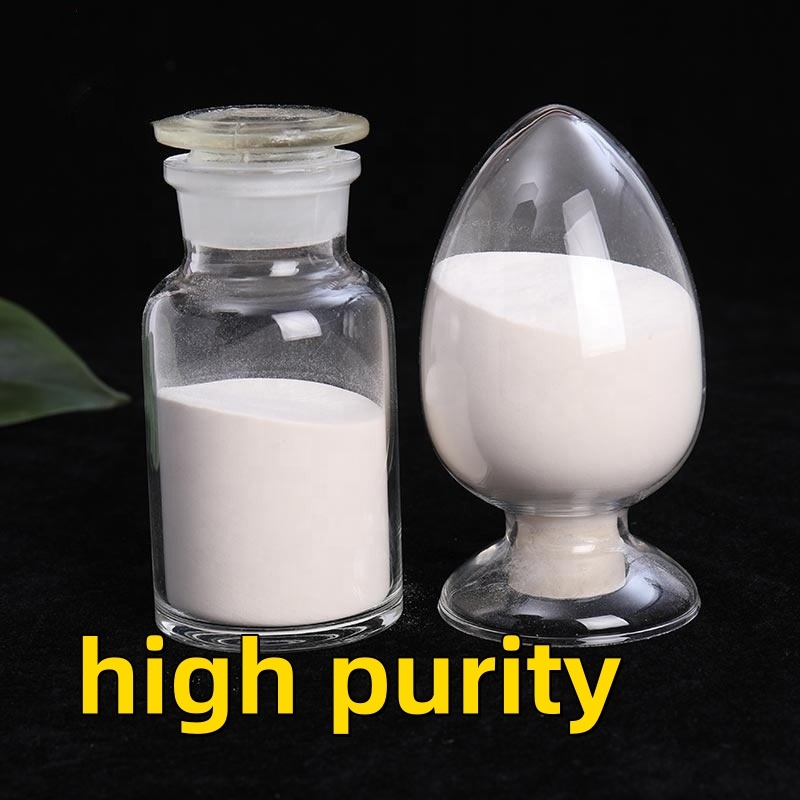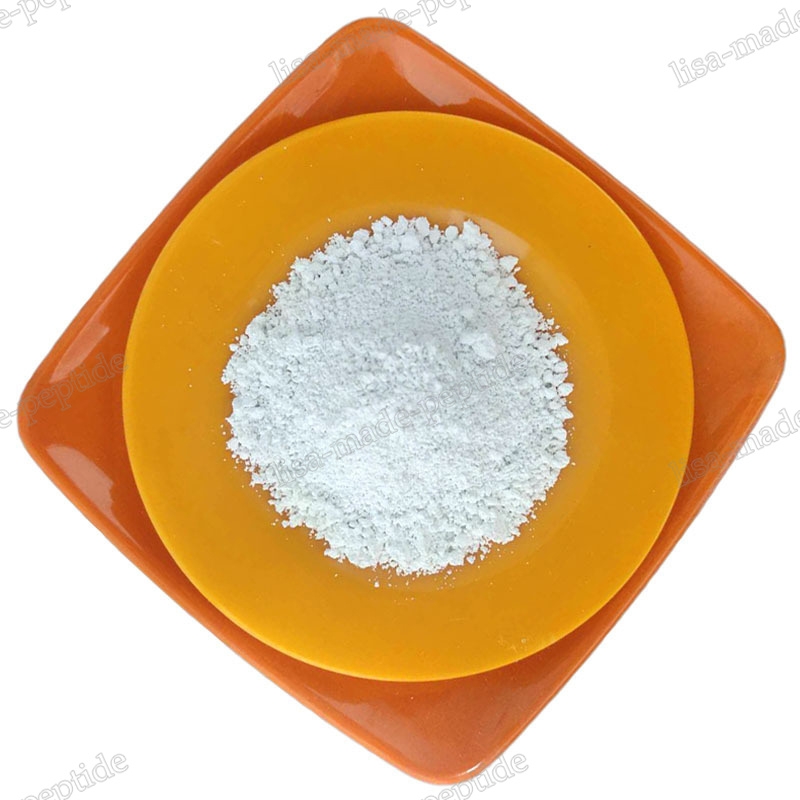-
Categories
-
Pharmaceutical Intermediates
-
Active Pharmaceutical Ingredients
-
Food Additives
- Industrial Coatings
- Agrochemicals
- Dyes and Pigments
- Surfactant
- Flavors and Fragrances
- Chemical Reagents
- Catalyst and Auxiliary
- Natural Products
- Inorganic Chemistry
-
Organic Chemistry
-
Biochemical Engineering
- Analytical Chemistry
-
Cosmetic Ingredient
- Water Treatment Chemical
-
Pharmaceutical Intermediates
Promotion
ECHEMI Mall
Wholesale
Weekly Price
Exhibition
News
-
Trade Service
On September 16, PPG, a U.
S.
supplier of coatings and specialty materials, announced that it has received funding from the U.
S.
Department of Energy (DOE) to investigate the use of two versatile, high-yield processes
in the production of lithium-ion (Li-ion) battery electrodes.
The three-year, $2.
2 million project—one of 13 selected through the DOE program to address engineering challenges for advanced battery materials and devices—will be conducted
in partnership with Oak Ridge National Laboratory in Tennessee.
The goal of the PPG project is "high-energy, high-power, NMP-free designer electrodes with ultra-thick architectures processed by multilayer slot die coatings and electrophoretic deposition" to enable a gradual change
in lithium-ion battery production efficiency for automotive and commercial vehicles.
Multilayer seam die coating and electrophoretic deposition (EPD) are highly scalable methods for applying uniform thin films to a variety of substrates
.
PPG was an early company to commercialize cathode EPDs, an industry standard
for protecting automotive panels and components from corrosion.
As an added benefit, the proposed method will eliminate the use of the solvent N-methyl-2-pyrrolidone (NMP)
in the production of conductive carbon slurries that form lithium-ion battery cathodes.
According to a recent draft U.
S.
EPA risk assessment, NMP poses an "unreasonable risk"
to workers under certain conditions.
PPG is helping automotive, battery, and component manufacturers accelerate the development of
energy storage solutions for tomorrow's vehicles.
The company's extensive materials expertise covers nearly every area of lithium-ion battery design and manufacturing, helping customers increase energy density, extend lifetime, improve safety, increase production capacity, and reduce cost
per kilowatt-hour.







